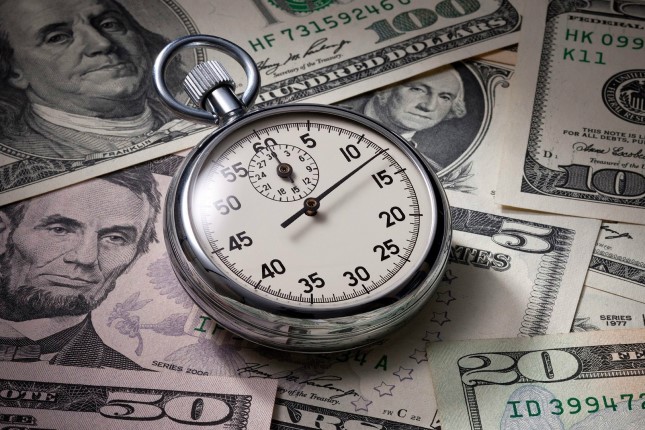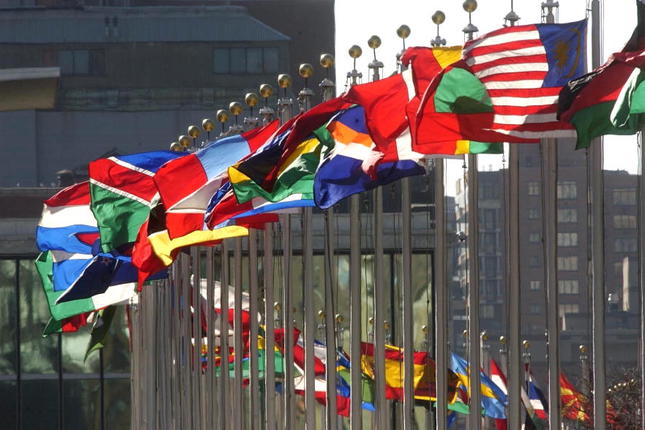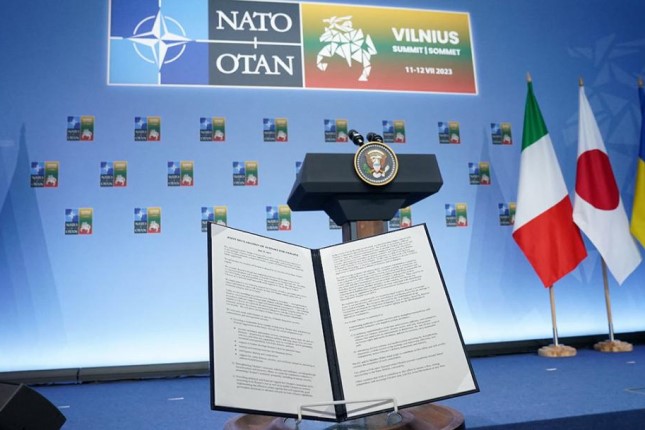Which is more valuable − time or money? Which makes us happier − having more money or having more time? And which is a better way to spend our time − putting in extra hours at work or enjoying an evening with friends or family?
These are truly existential questions that each must answer for himself. However, science does provide some information that might help us make a more informed choice.
In fact, most people are both pressed for time and worry about not having enough money. Of course, they would prefer to have more of both, but these valuable resources are limited, and people have to make trade-offs.
But the question is: Which kind of decisions will make us happier − working more hours and making more money or spending more time with children; spending more money on an apartment closer to work or spending more time stuck in traffic every day; doing something you do not like to do or hiring a helping hand?
Hedonic treadmill
Wealth does not increase happiness – psychologists have been saying this for at least half a century now.
In 1971, American psychologists David Campbell and Philip Brickman published an essay, "Hedonic Relativism and Planning the Good Society," in which they presented the results of their extensive research into the relationship between money and happiness, and the results were impressive: Most people have a remarkable ability to adapt to changes in their circumstances and return to a relatively stable level of happiness despite external gains or losses. This effect was named the "hedonic treadmill" or "hedonic adaptation."
The hedonic set point theory suggests that individuals have a stable baseline level of happiness to which they tend to return after experiencing significant life events, such as financial windfalls or setbacks. For example, both lottery winners and people who become paraplegics as a result of an accident return back to their average levels of happiness within a period of two years. While those who suddenly come into money typically experience a happiness boost, this boost is also typically short-lived.
There is an extremely large body of research in experimental psychology today that supports and elaborates on this theory, further exploring the non-linear correlations between money and happiness.
However, this should not be misinterpreted. It is true that after reaching a certain level of material comfort, where basic needs have been met, additional income is not associated with increases in well-being.
But that does not necessarily mean that money cannot buy happiness; rather, it simply reflects that the way people typically spend additional income does not increase their happiness. But there might be other, wiser ways to do it.
Spending wisely
Over the past decade, a growing body of work has examined a seemingly simple question: How should we spend money to maximize our well-being? Here are some key findings.
Prosocial spending pays back in terms of subjective well-being. Experiments have shown that people instructed to spend USD 5 on themselves were less happy than those randomly assigned to spend that same USD 5 on someone else. Furthermore, giving seems to be a rather fundamental psychological need: Even 2-year-old toddlers enjoyed greater happiness from spending on others rather than themselves.
Charity is a good option, but research also shows that the stronger the emotional tie between the giver and receiver, the stronger the impact on the giver's happiness. Spending on a significant other and spending face-to-face leads to greater boosts in happiness than spending on a stranger and spending anonymously.
Studies also consistently highlight the enduring happiness derived from spending money on experiences rather than material possessions. Even the expectation of experiences is hedonically superior to the expectation of material goods: Whereas waiting for experiences is perceived as excitement, waiting for material goods is simply perceived as impatience, research shows.
And most importantly, experiential purchases are less prone to hedonic adaptations. Experiences create lasting memories, foster personal growth, and provide a sense of connection with other people. Thus, if you have spare resources, consider putting them towards travel, events, hobbies, or activities that align with your interests and values.
Time is money? Or even better?
Using money to "buy" more free time can also lead to increased happiness. After all, while money can be earned, saved, and spent, time is a limited resource that cannot be replenished. And a credible body of recent research suggests that prioritizing time over money − focusing on time and truly valuing it – considerably enhances personal happiness.
For example, a recent study found that individuals who spend money to outsource time-consuming tasks report greater life satisfaction. When individuals use their financial resources to outsource tasks or responsibilities, they experience a reduction in time stress, and this allows for a greater sense of control over one's schedule, decreased feelings of time pressure, and an overall improvement in well-being.
Even a simple shift in attention toward time can lead greater happiness, research shows. For example, compared to individuals focused on money, individuals focused on time are motivated to socialize more, maintain a better life-work balance, and focus more on self-improvement.
But this does not mean we should buy time to be spent idly. In fact, busy people tend to be happier than their idle counterparts. It is all about how we spend our time, and spending it in an active and meaningful way in accordance with our values is a likely path to greater happiness.
































